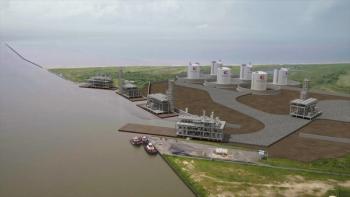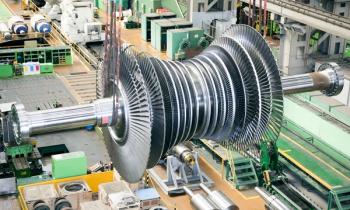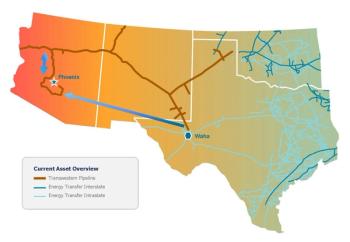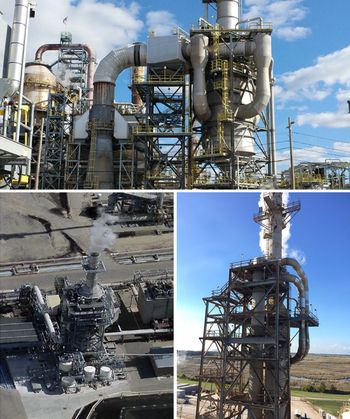
Turbo Expo 2023: The Potential of Gas Turbines in Decentralized Energy Systems
Panelists at Turbo Expo 2023 discussed the challenges and opportunities that are created by implementing decentralized energy solutions.
On Monday at Turo Expo 2023, a five-person expert panel discussed The Role of Gas Turbines as Part of Decentralized Energy Systems to Address the Energy Trilemma. Panelists opened on why decentralized energy systems have not been broadly adopted yet.
Alberto Traverso, Chair of Energy Systems at the University of Genoa, spoke about the World Energy Council's sustainable energy promotion and the Energy Trilemma Index, which includes 90 countries, each at different points on the path toward 2050 climate mitigation goals. He said ammonia may play a role in ship propulsion and power generation, although its ultimate use remains largely uncertain. Traverso stressed the importance of adaptation strategies for the gas turbine industry and emphasized the need for technologies, such as grid flexibility, distributed combined heat and power (CHP) energy storage, and gaseous clean fluids.
Rainer Kurz, Manager of Gas Compressor Engineering at Solar Turbines, highlighted the importance of balancing supply and demand, especially given the increasing fluctuation in renewable energy supplies. He said that energy sources like natural gas are effective at supplying stable, reliable power. However, he underscored the challenges posed by geographical locations, with areas abundant in solar and wind resources often not being where energy is most needed, which introduces transportation challenges for gases like natural gas, CO2, and hydrogen.
Peter Kutne, Head of the Gas Turbine Department at the German Aero Center (DLR), argued for the role of gas turbines in supporting decentralization, emphasizing their fuel flexibility and load flexibility, especially with hydrogen and other renewable gases. He elaborated on the potential benefits of decentralized systems, including reduced infrastructure requirements and the possibility to retrofit existing power plants for decentralized use as a hydrogen entry point.
While Jim Kesseli, Principal Mechanical Engineer and Founder of Brayton Energy, emphasized the economic aspect of decentralization, which interestingly touched on how cogeneration will play a role. He acknowledged the challenges of introducing new products into the decentralized power generation sector, stressing that these installations must compete with utilities in terms of capital costs to be viable. He touched on gas turbine co-production with hydrogen and ammonia, the importance of peak-load power plants in connection with renewables, and the opportunities presented by small nuclear reactors in the energy mix. Most importantly, so-called “dirty” power—power generation with high emissions—will likely remain the best choice for emergency power. This is in contrast with renewable sources, which are more intermittent in nature.
And finally, Justin Rathke, President and Founder of Vergent Power Solutions, expressed concern about market conditions. He emphasized the role policymakers play in shifting the market and pointed out that geographical location is critical in this discussion. In essence, certain regions have policies that either deter or support certain strategies, such as more renewables, initial capital costs, and others. He also added that combustion technology remains necessary for base-load power. In certain applications, microturbines could be more economical than renewables.
Newsletter
Power your knowledge with the latest in turbine technology, engineering advances, and energy solutions—subscribe to Turbomachinery International today.




